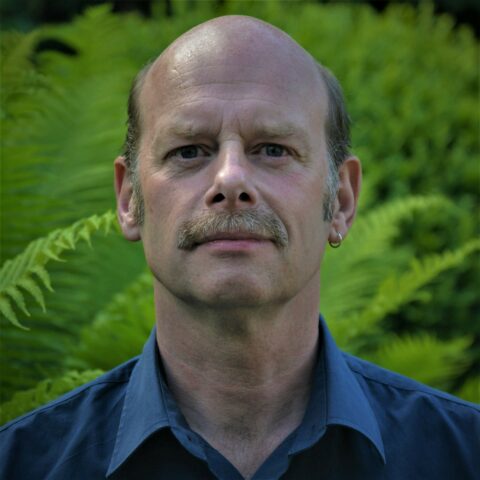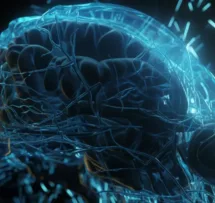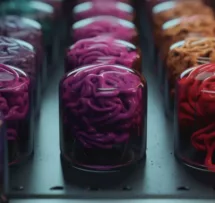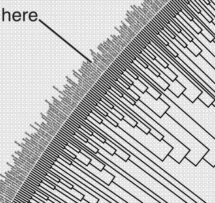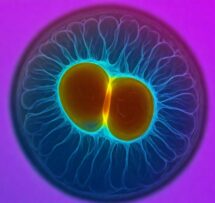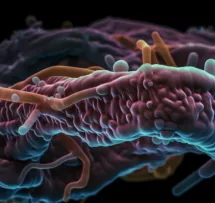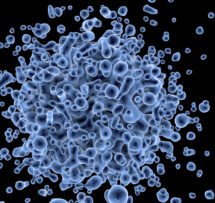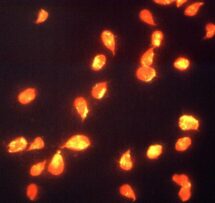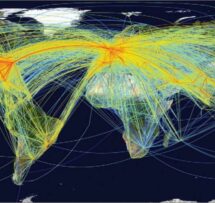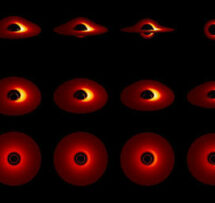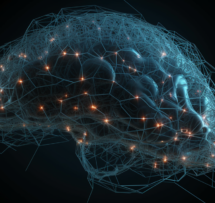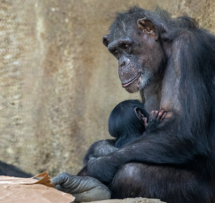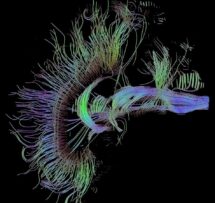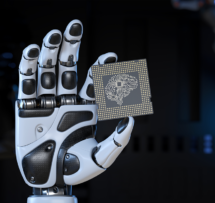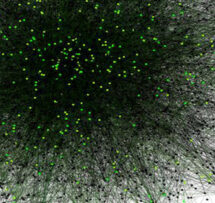Genetically modifying everything?
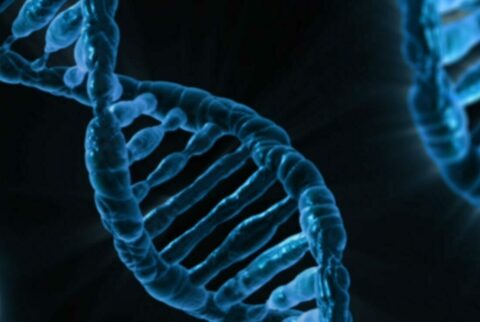
What is CRISPR-Cas and how can it be used to genetically modify everything? Can it be used to cure genetic diseases? Is it promising or does it promise too much? Who profits most of CRISPR-Cas applications?
Just like people, bacteria have to deal with viral infections. And again just like people, these bacteria have developed several anti-virus mechanisms. One example of this is the bacterial CRISPR-Cas system. After its discovery in 2005, we extensively investigated how the system works. CRISPR-Cas enzymes specifically recognize DNA of viruses, after which it is cut in pieces to neutralize the viral infection. We discovered that the target specificity of these DNA cutting enzymes can easily be adapted. This means that we are able to cut any chromosome - which consists of DNA – in any desired place and make a change at this location. This means that we can use CRISPR enzymes to cut any DNA, not only of viruses, but also the chromosomes of bacteria, plants and animals.
These elemental insights have led to a revolution. The bacterial defense system can now be used for many applications, ranging from biotechnology (such as micro-organisms and plants) to gene therapy in humans. Perhaps even more is possible, but do we want this…?
This event is an initiative by the Dutch Institute for Emergent Phenomena (DIEP) with the support of NWA Route 2. Science & Cocktails Amsterdam is presented in cooperation with Paradiso Amsterdam.
Talk by
John van der Oost
John van der Oost did his PhD at the Vrije Universiteit Amsterdam. After postdoc positions in Helsinki, Heidelberg and Amsterdam, in 1995 he became the leader of the research group Bacterial Genetics at the Laboratory for Microbiology at Wageningen University. For his research he received several prestigious grants from the NWO and the European Research Council. He is a member of the Royal Netherlands Academy of Arts and Sciences (KNAW), the European Molecular Biology Organization (EMBO) and the Academia Europea. Specifically for his work on CRISPR-Cas he received a number of prizes, including the Spinoza prize.
